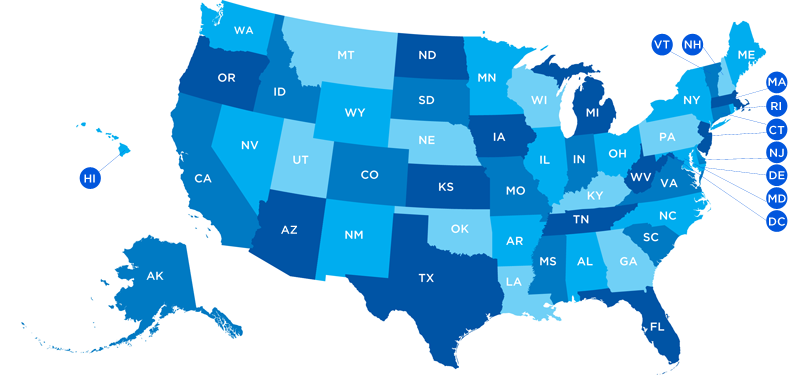Sunshine Laws: New Light on Texting & Public Information
In recent years, the government sector has become increasingly impacted by the evolution of technology. From smart phones to social media, and now wearables, it is easier than ever before for the public to keep a close eye on their local government officials. Today, with the U.S. Transparency in Government Laws “Sunshine Laws,” all forms of communication, including email correspondence, are considered to be public information.
However, the section of the law that governs how long text messages can be archived remains unclear, and many forget that texting is a critical communication channel. Some officials even believe that while their mobile work phones are subject to public record, their personal devices are not. Unfortunately, for elected officials, there is little privacy when it comes to both personal and business-related activities.
Like many people, our government officials have strict restrictions on the information they can or should make public, and that is the core of the problem. Technology moves much faster than laws, rules and regulations can keep up.
This drew some attention during Sunshine Week, March 13-19, where reporters from newspapers all over Florida looked at one aspect: texting. Now texting is subject to the same transparency and principles that written documents have—if there are mechanisms to archive them, these must be implemented. But be cautious, sunshine laws differ from state to state, and different states frequently amend their sunshine laws to suit state-specific regulatory requirements.
Laws that Regulate Open Meetings in Each State
Technology is a powerful tool. It must be respected and used with careful regard—including public officials texting about matters related to their positions. Enquiring minds want to know everything, and under local sunshine laws, it is likely they will. While technological innovations are benefiting our communities overall, it is also imperative that those in highly regulated industries are constantly aware of their activities, both on and off their mobile devices.
